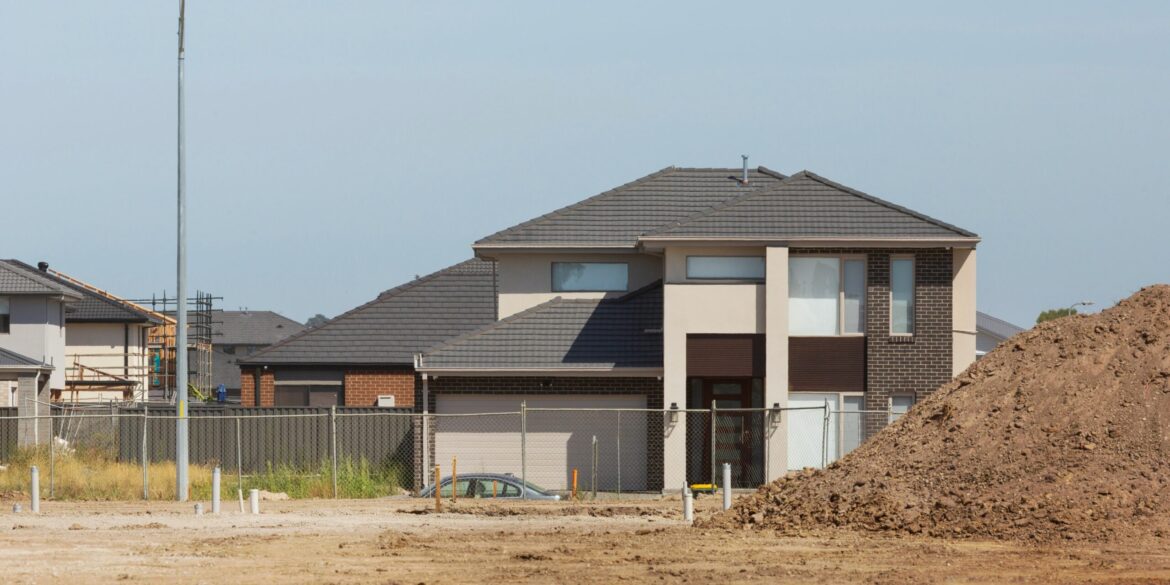As Southern California’s housing market continues to grapple with evolving economic conditions, the latest data as of June 28, 2025, reveals some significant shifts. In particular, an uptick in home purchase cancellations and a slowdown in sales have been prominent features of the region’s housing landscape. According to reports from the National Association of Realtors (NAR), approximately 6% of pending home sales were canceled in May 2025, a noticeable increase compared to 5% the previous year. This change is reflective of ongoing struggles within the region’s housing market, as buyers, sellers, and investors continue to adjust to a challenging environment.
Factors Contributing to Market Instability
Several factors are driving these trends, and understanding the broader dynamics at play is essential for homeowners, prospective buyers, and real estate professionals alike.
-
High Mortgage Rates and Affordability Challenges
The most pressing issue for many homebuyers is the higher mortgage rates, which have been hovering around 7% for a 30-year fixed-rate loan. This increase in rates has made borrowing more expensive for potential buyers, pushing many out of the market, particularly first-time homebuyers and those looking for affordable properties. In many areas across Southern California, home prices have remained high, making it difficult for buyers to secure properties within their budget.
According to MarketWatch, the rising interest rates have contributed to a significant cooling in the market, particularly in high-cost areas like Los Angeles and San Diego, where the average home price continues to be well above $800,000. Buyers are increasingly facing a dilemma: the home prices are too high, and the mortgage rates make financing them even less attainable.
-
Sellers Reluctant to Lower Prices
Another critical issue facing the market is the reluctance of sellers to lower their asking prices. Despite the slowdown in demand, many sellers are holding firm on their prices, hoping that market conditions will shift or that buyers will meet their expectations. This standoff between buyers and sellers has led to prolonged negotiations and, in some cases, contract cancellations.
Many sellers are still holding on to the high valuations they’ve seen in recent years, reflecting an optimism about the market that is not fully aligned with current buyer sentiment. A recent California Association of Realtors (CAR) report emphasized that while the median price for existing single-family homes has slightly dropped in the past few months, many sellers are unwilling to make substantial price reductions. This has resulted in fewer closed sales and an increase in canceled contracts.
-
Economic Uncertainty and Rising Cancellations
Economic concerns continue to play a role in slowing down the housing market. With the possibility of a recession looming in the background and fears of inflation impacting household budgets, many buyers have been hesitant to make significant financial commitments. These concerns have extended into the housing market, where many buyers are canceling purchase agreements out of uncertainty about future job stability or rising living costs.
The rising rate of cancellations is particularly noticeable in high-priced markets like Beverly Hills and parts of Santa Monica, where contracts are often canceled after buyers become more cautious about the financial stability required to afford such large investments. In fact, The Wall Street Journal recently highlighted that cancellations of high-end contracts were rising in regions that were previously considered some of the most stable in the housing market.
Regional Impact on Southern California’s Housing Market
The effects of these challenges are particularly pronounced in key metropolitan areas such as Los Angeles, San Diego, and Orange County. These cities have historically seen a high volume of transactions, but the ongoing affordability crisis is making it more difficult for people to access homeownership. The average home prices in Los Angeles County are still pushing towards $900,000, with Orange County hovering around the $1 million mark.
The Los Angeles Times recently reported that many buyers are now being priced out of the city and moving to more affordable areas like Riverside and San Bernardino. However, even those regions are feeling the strain, as higher mortgage rates are dampening demand, particularly for first-time homebuyers.
In San Diego, the situation is compounded by a lack of inventory. As noted by The San Diego Union-Tribune, inventory levels remain low, and potential buyers are finding fewer homes available within their price range, pushing them into bidding wars in select neighborhoods. This has led to a paradox where demand remains high in specific neighborhoods, but affordability is preventing many buyers from making successful offers.
The Long-Term Outlook for Southern California’s Housing Market
While challenges are clear, there is still some optimism for the future. According to a California Association of Realtors (CAR) report, there is hope that the housing market will stabilize as the year progresses. The CAR expects total existing home sales in California to increase by 10.5% in 2025, signaling a potential rebound after the slowdown experienced in 2024.
However, the rising affordability gap, the difficulty of securing mortgages, and ongoing economic concerns will continue to put pressure on the housing market for the foreseeable future. Analysts from Veracious Films have suggested that homebuyers should be prepared for fluctuations, as housing prices may still experience some increases due to continued demand despite higher borrowing costs.
Looking Ahead: Navigating the Southern California Housing Market
For those looking to buy or sell in Southern California, it is important to be informed about the current market dynamics and to adjust expectations accordingly. Buyers may need to broaden their search areas, be patient with negotiations, and be flexible about their home preferences. Sellers, on the other hand, might consider adjusting their pricing strategy in order to meet the market’s evolving conditions.

